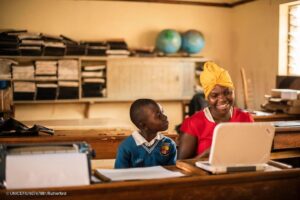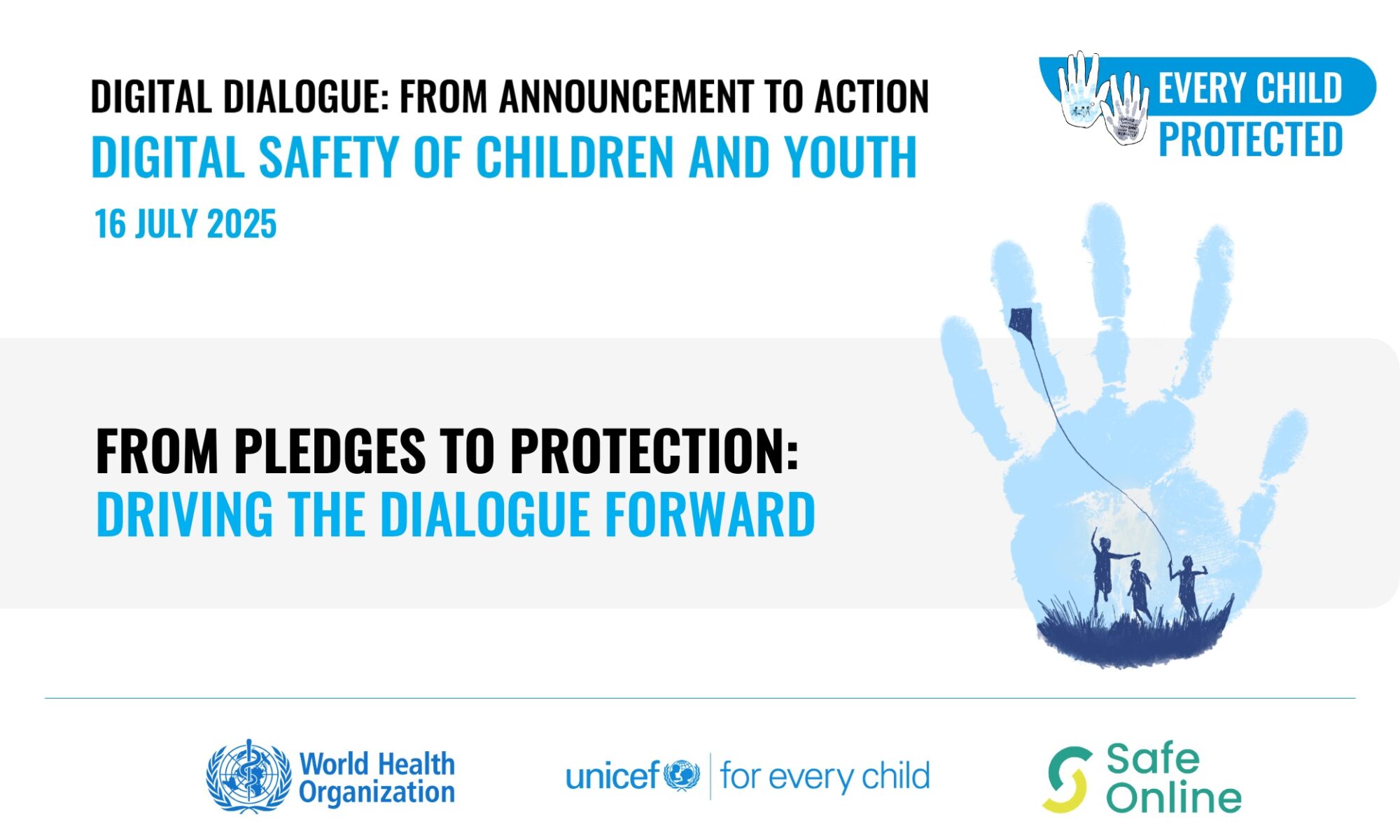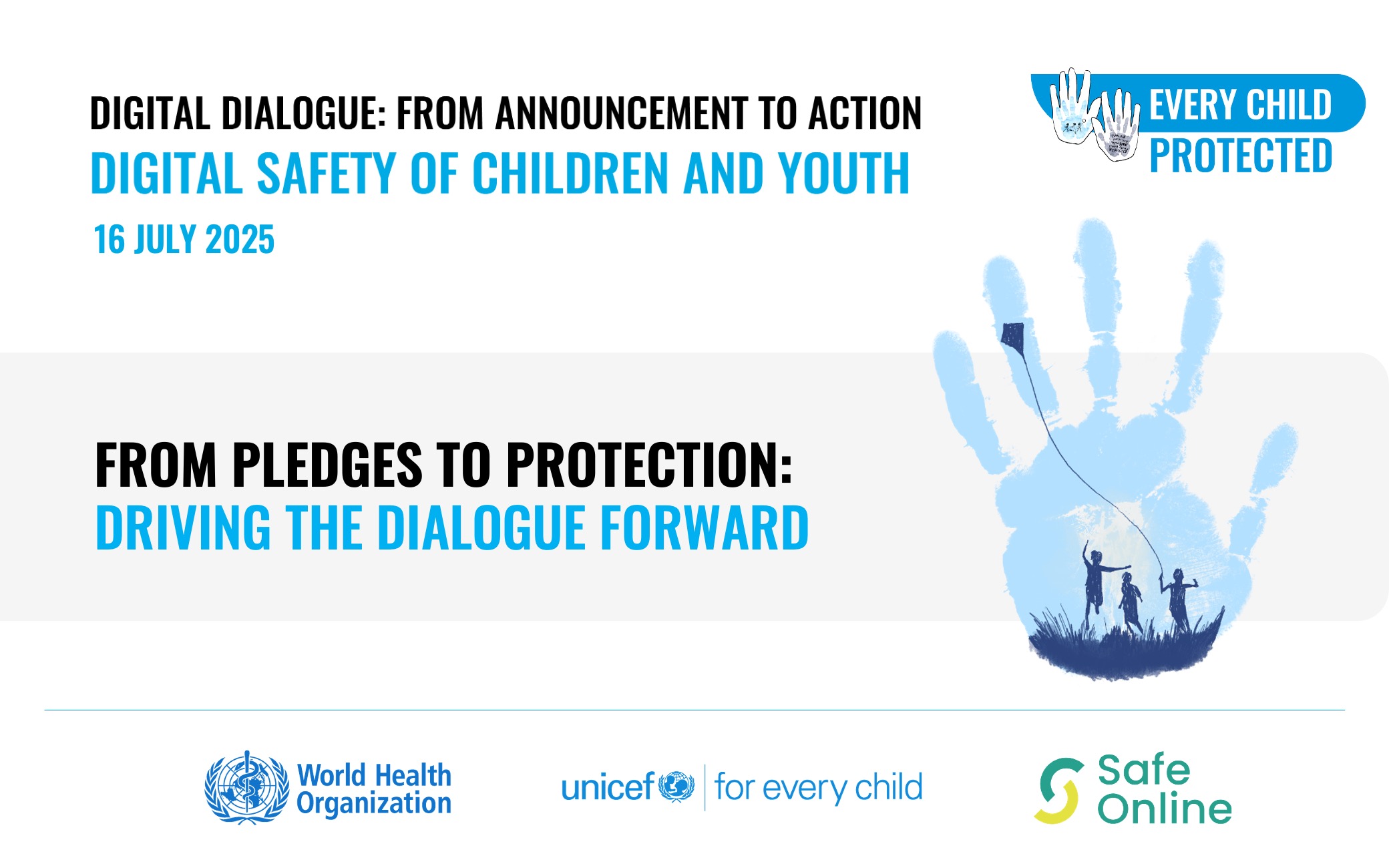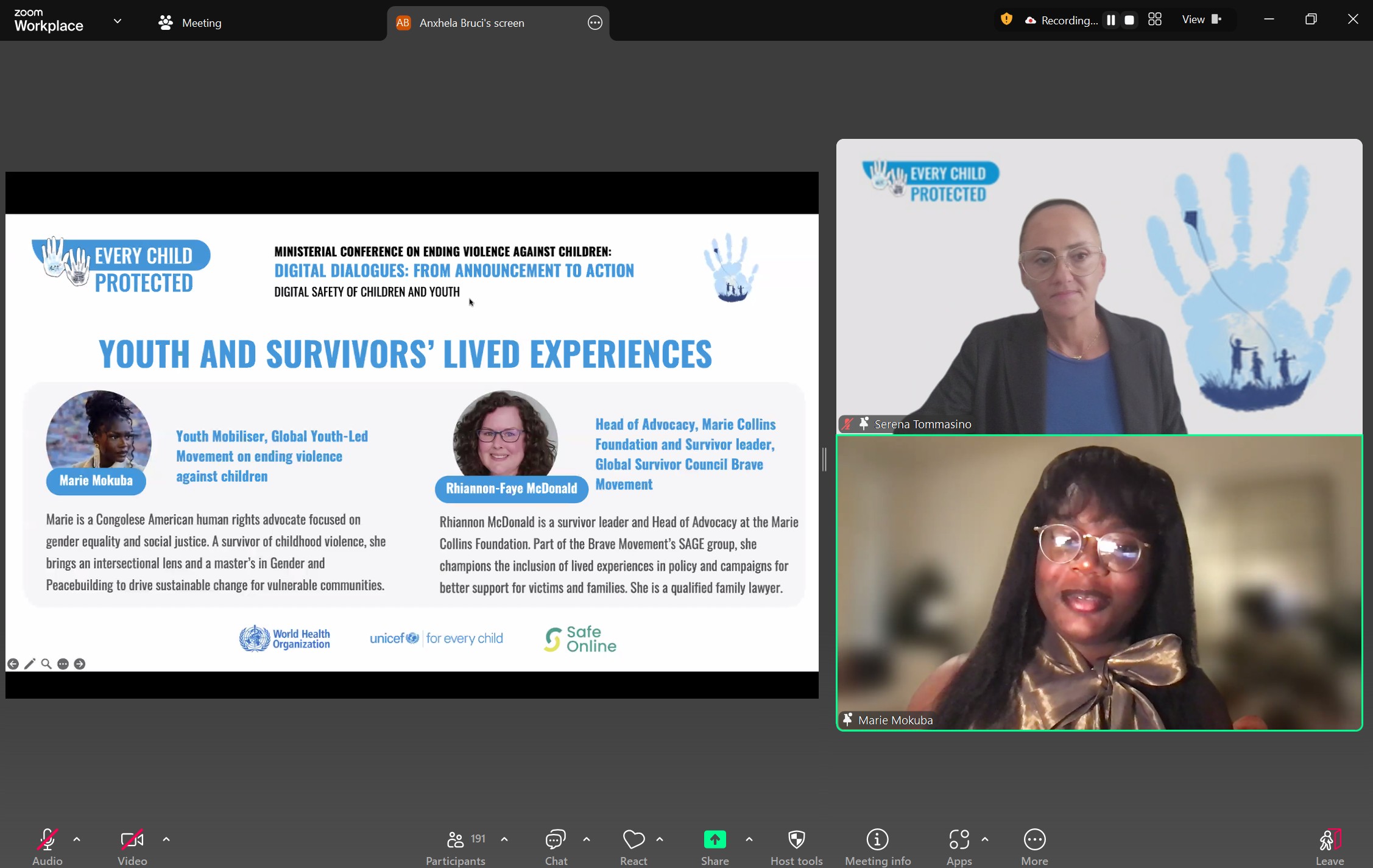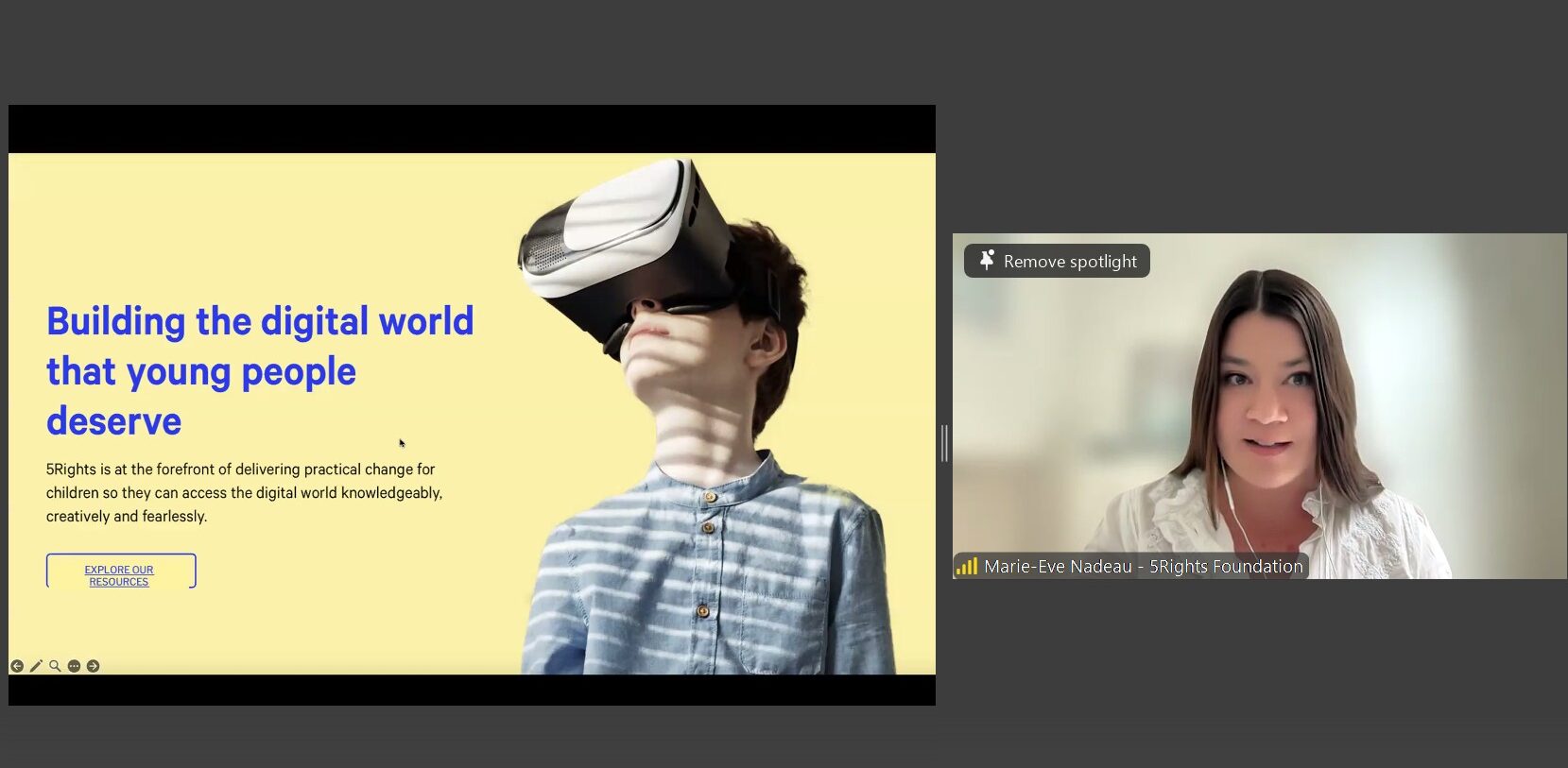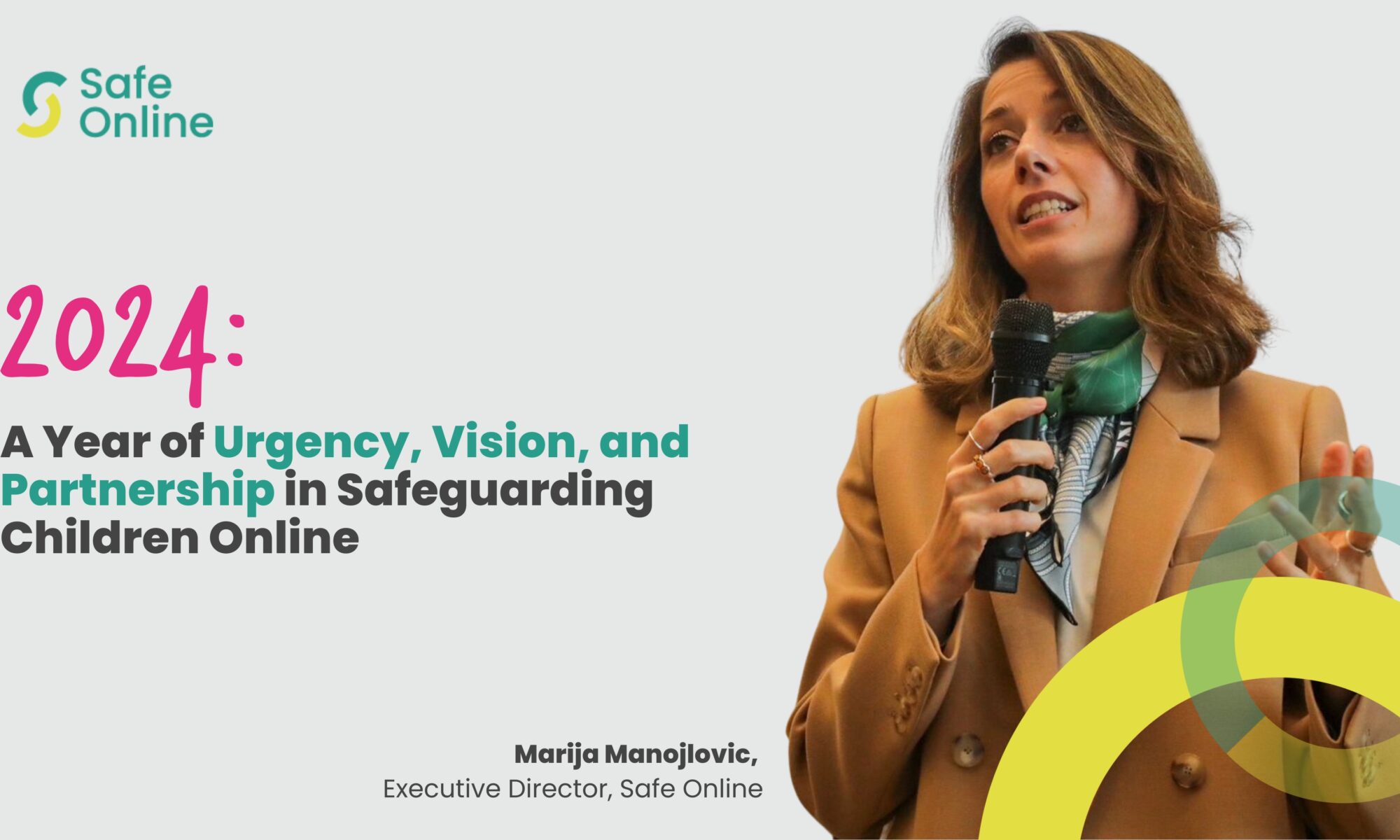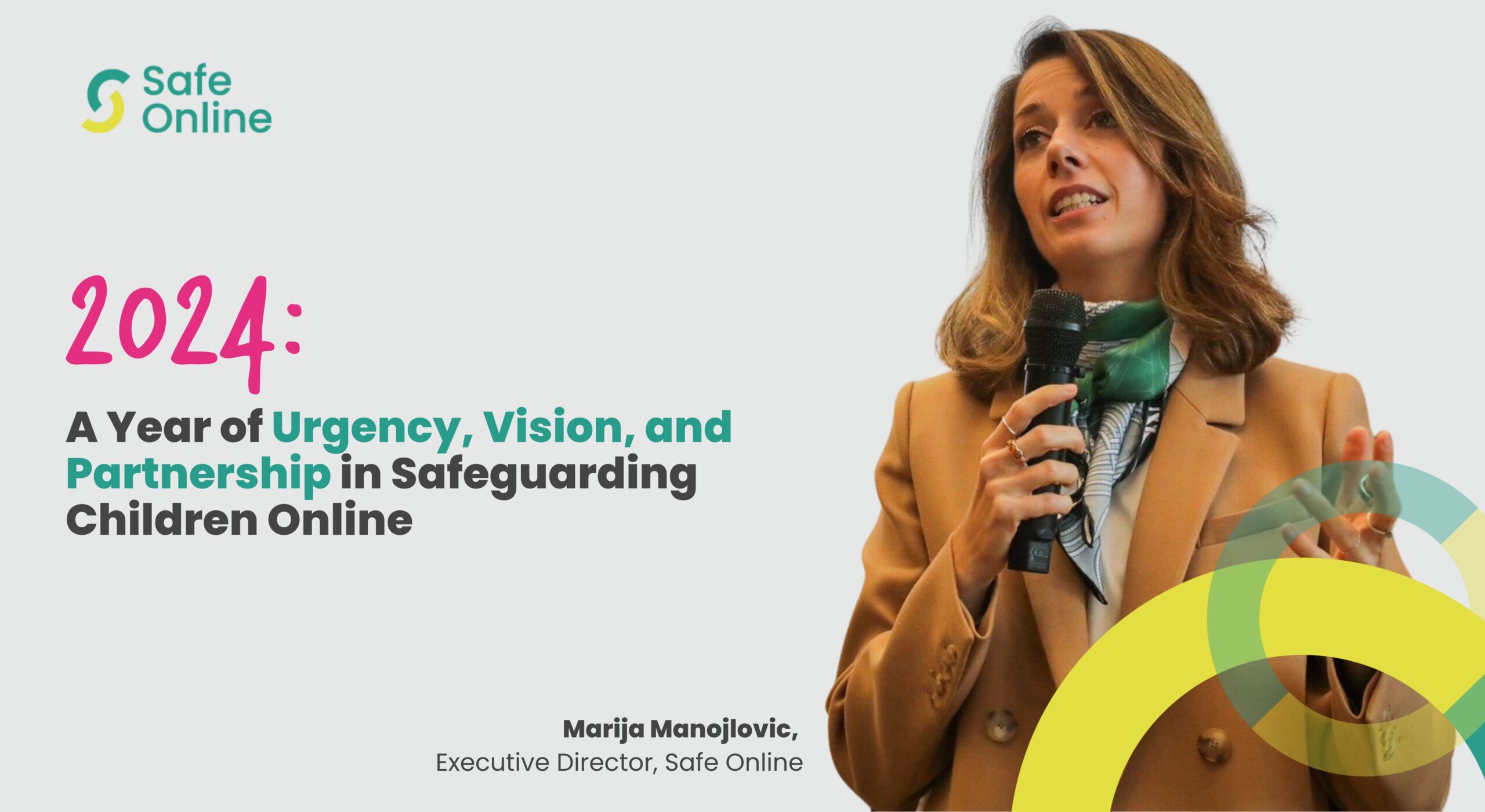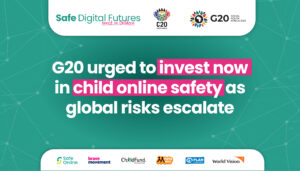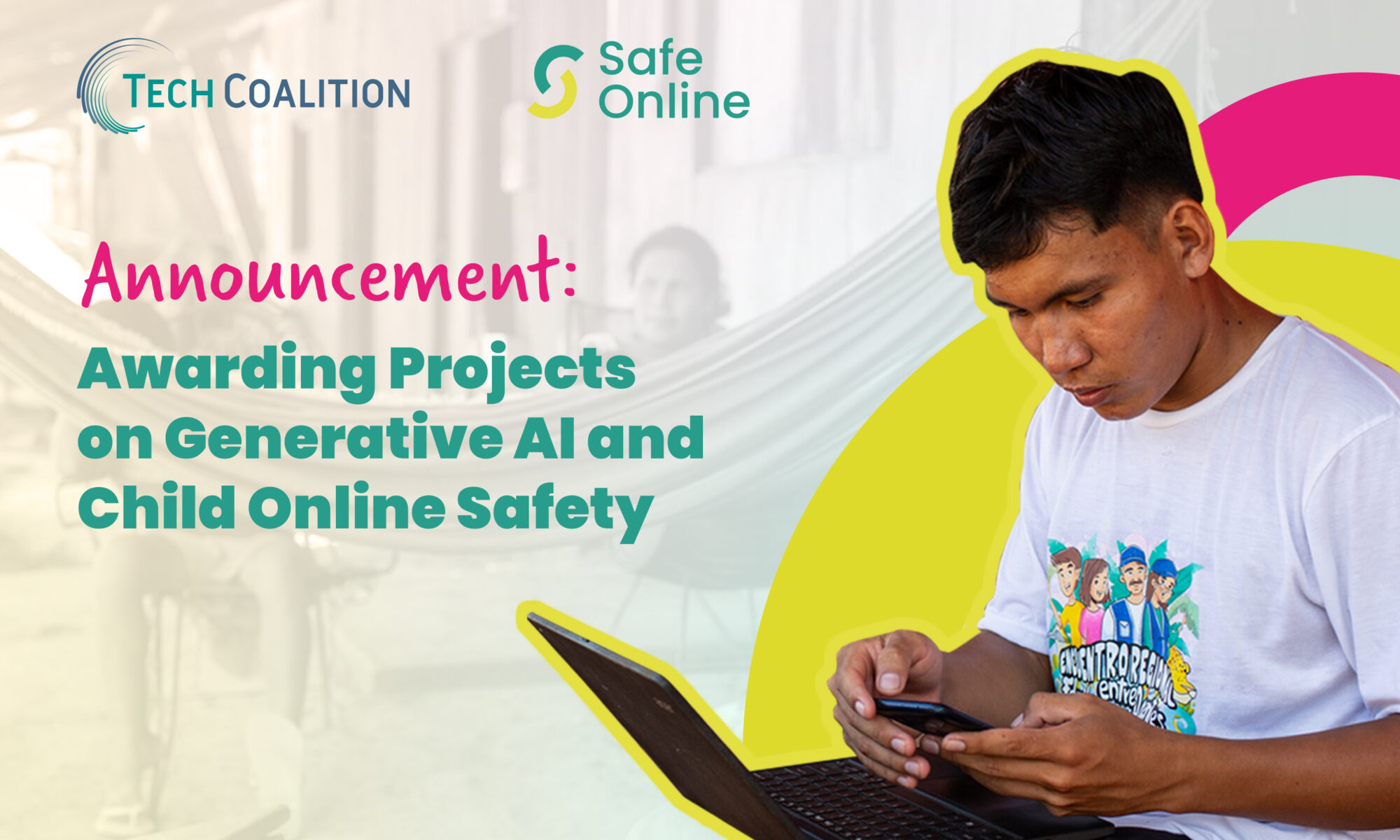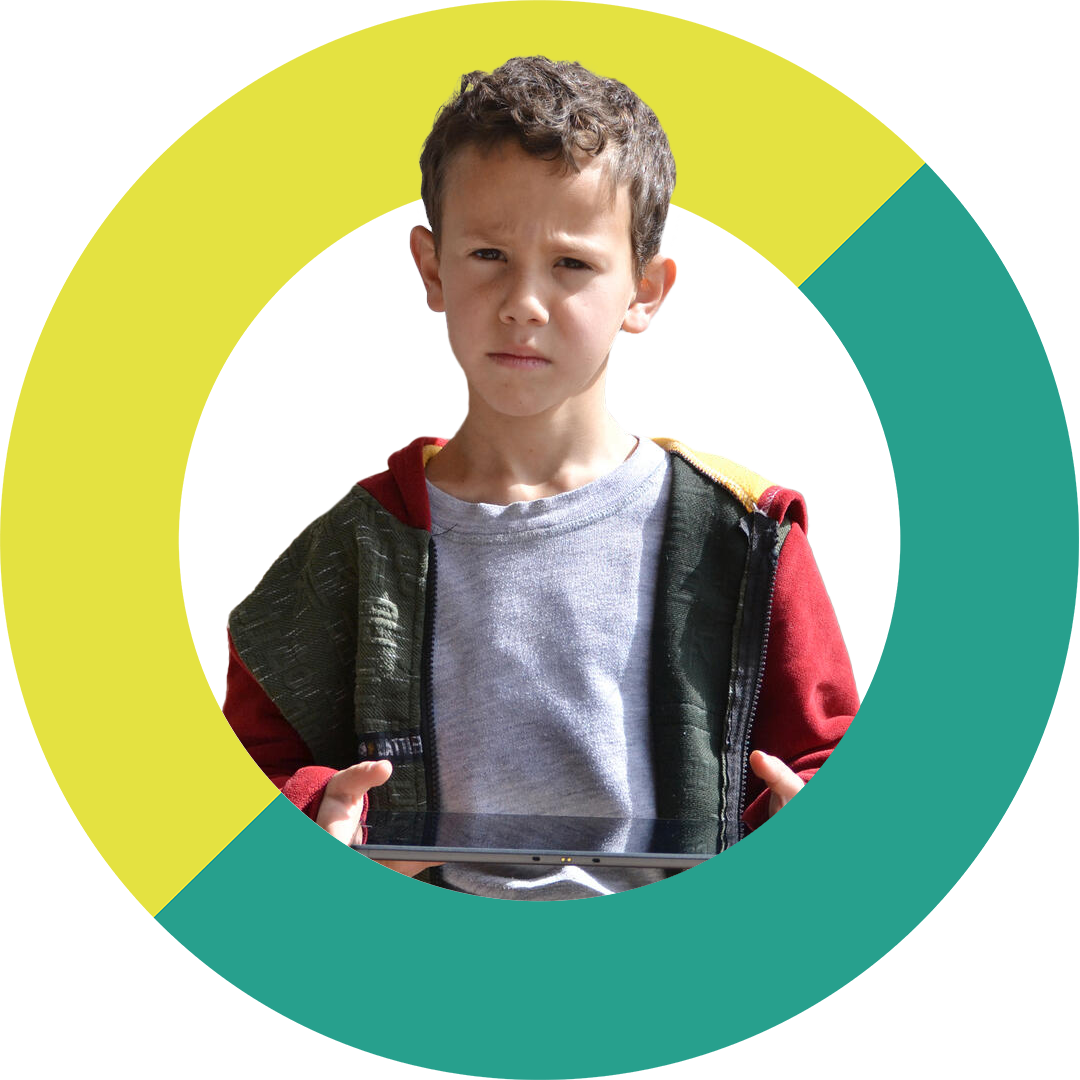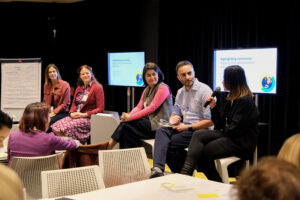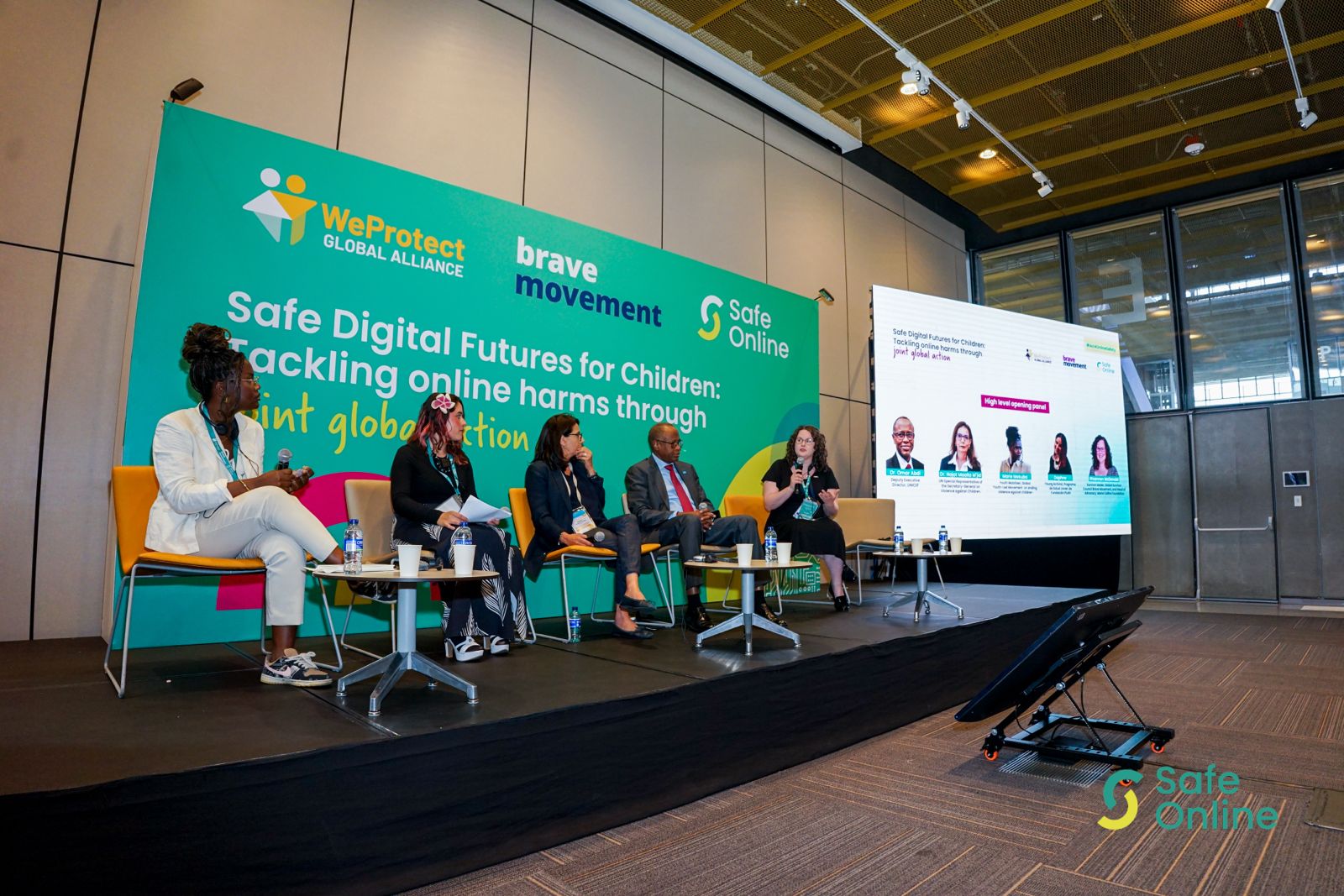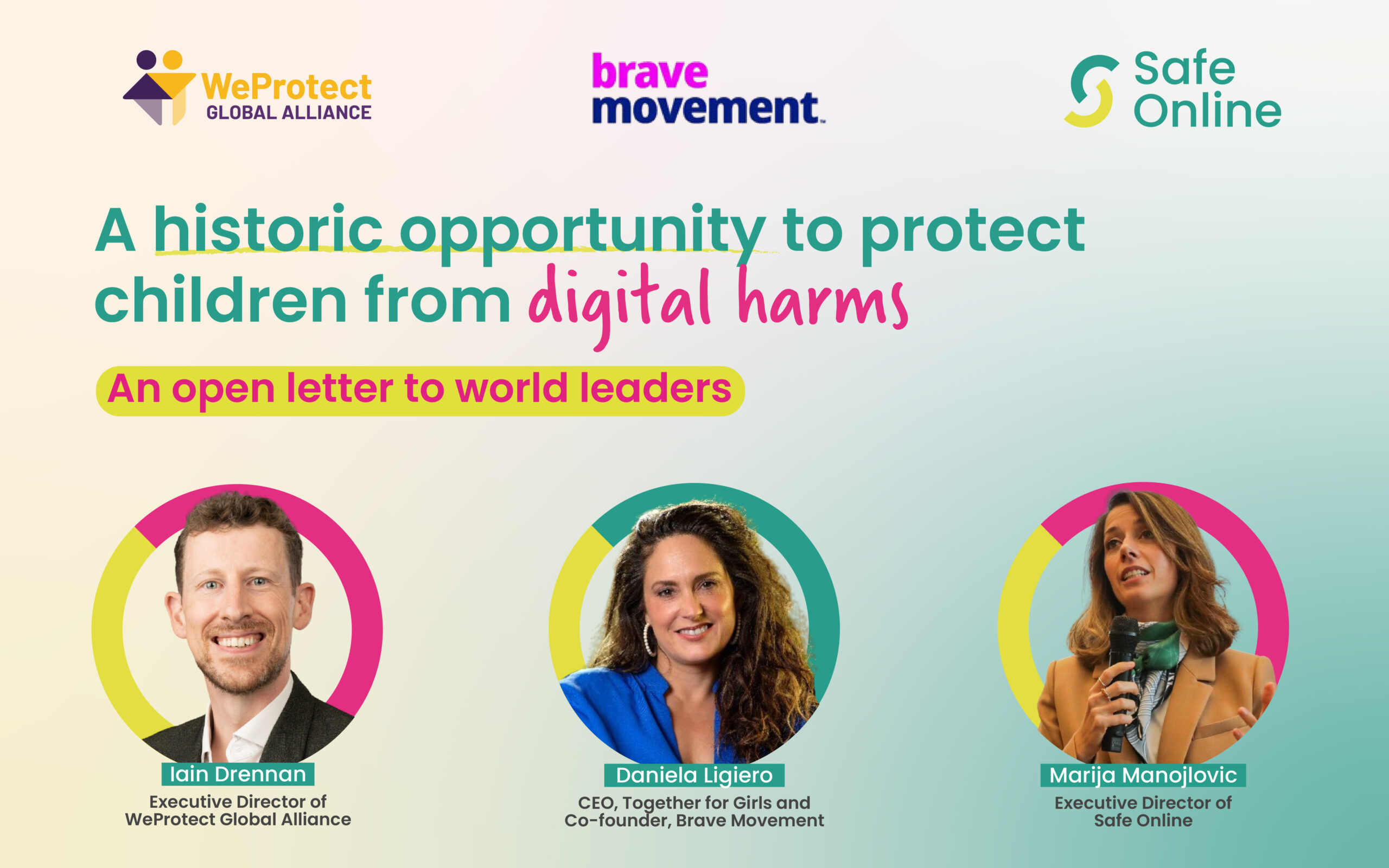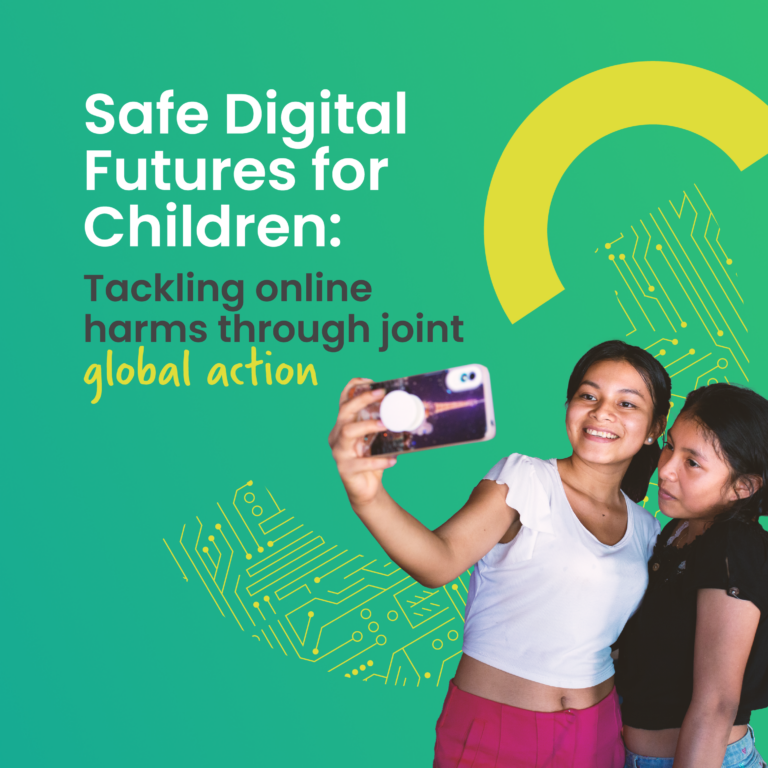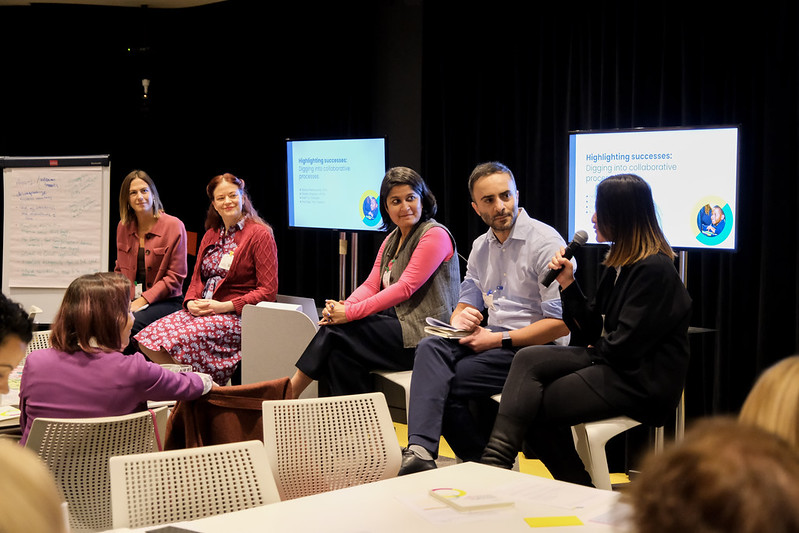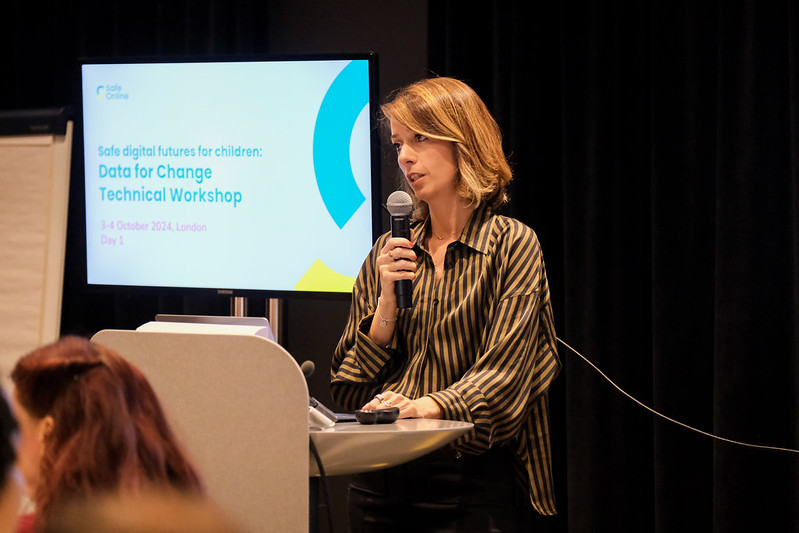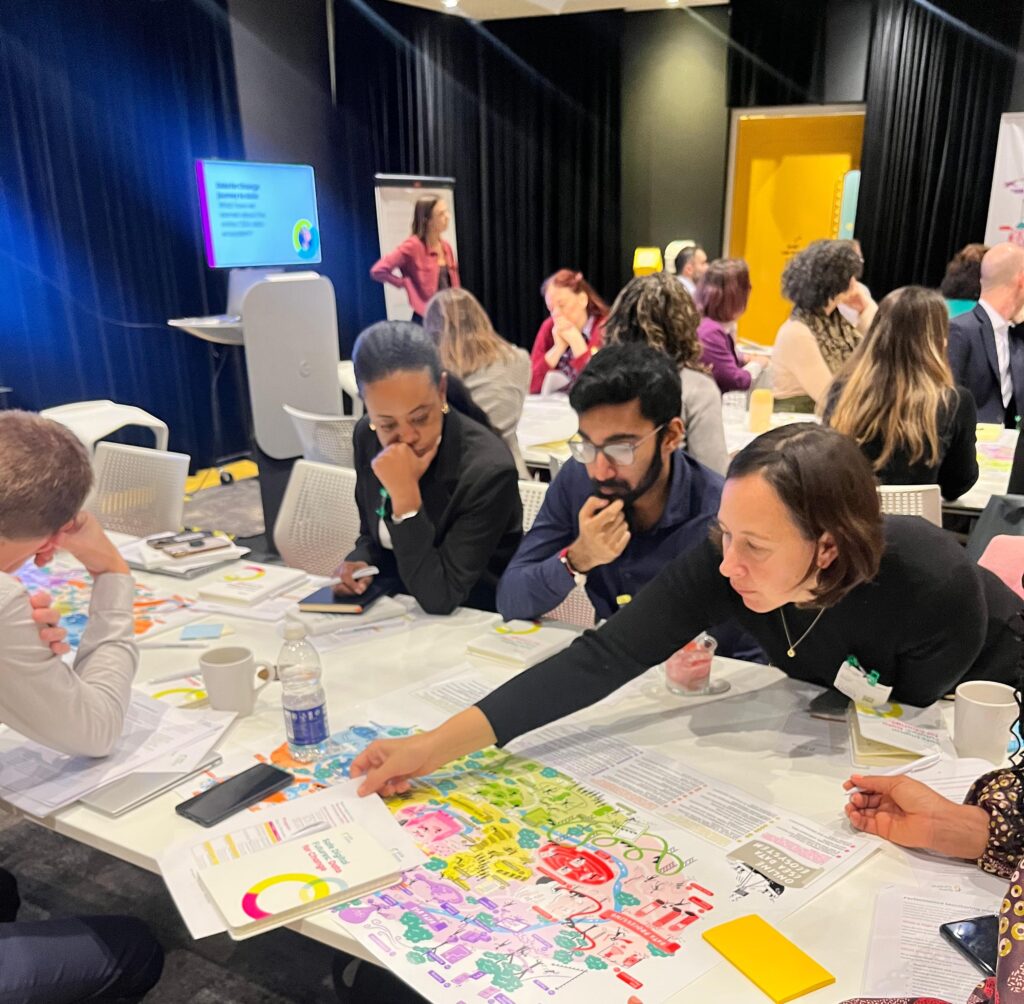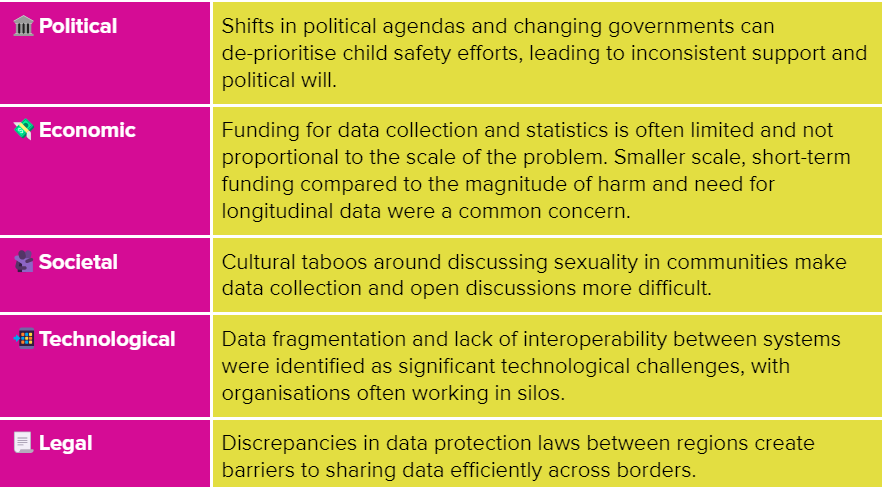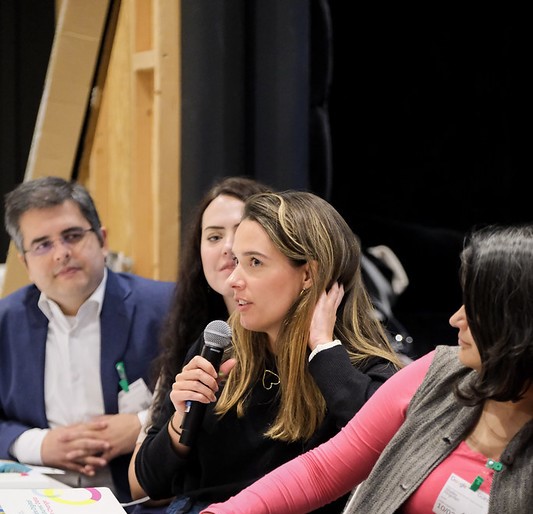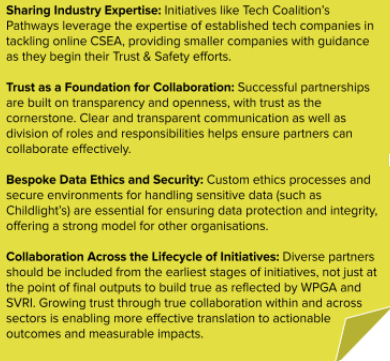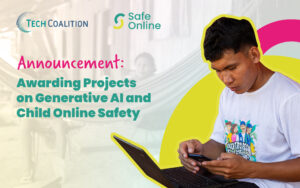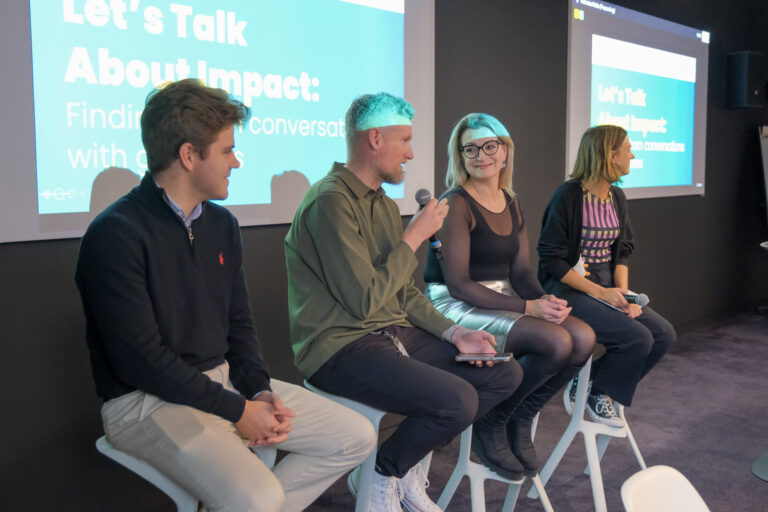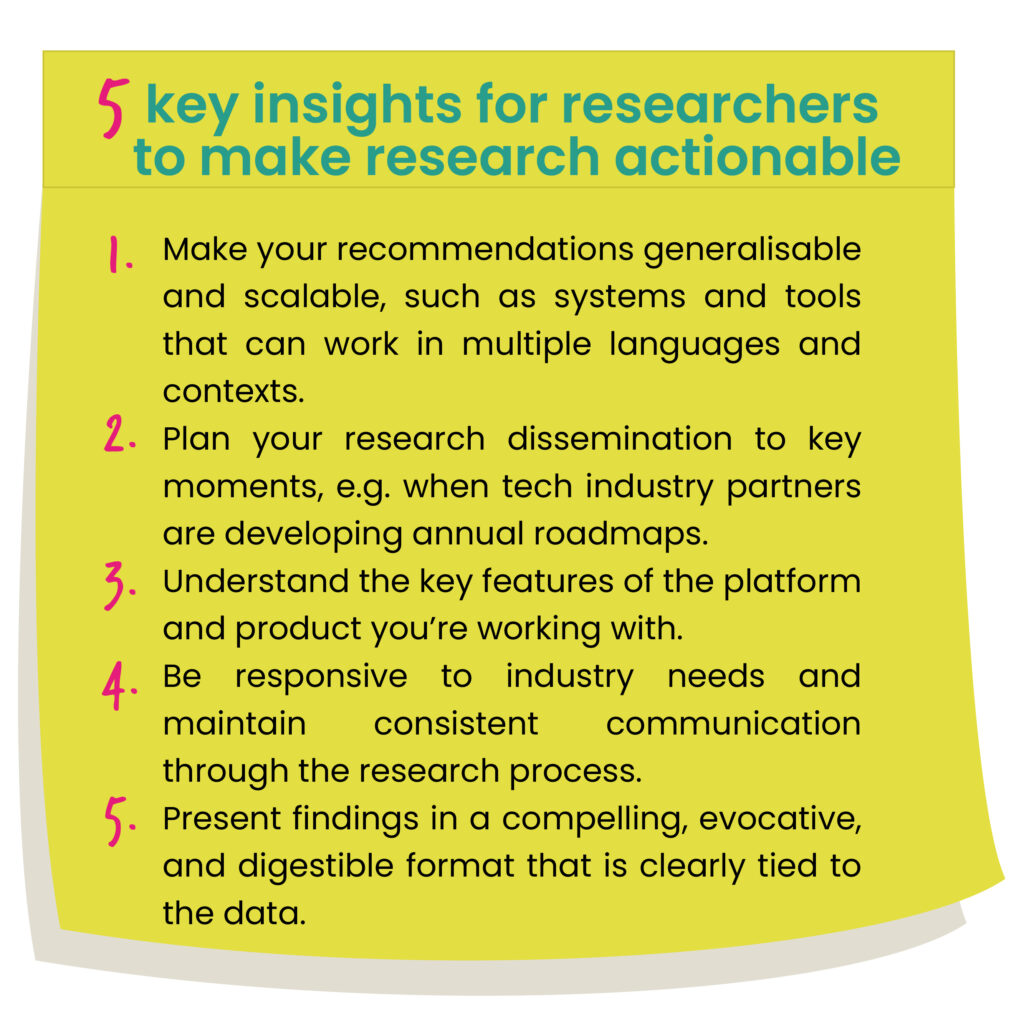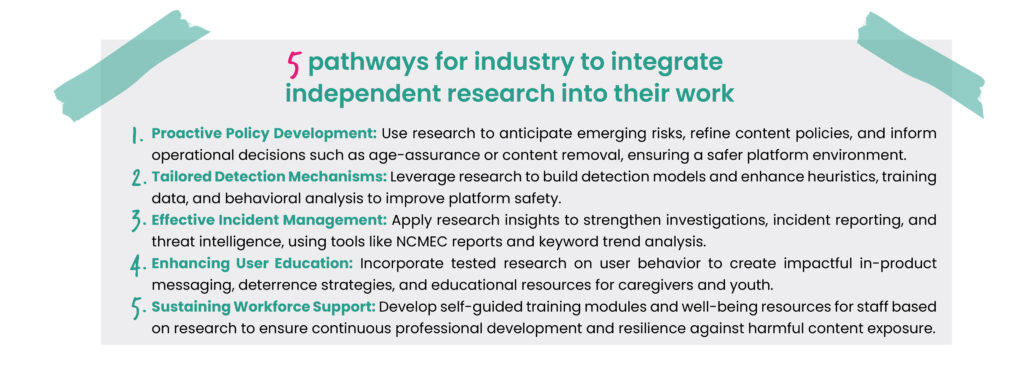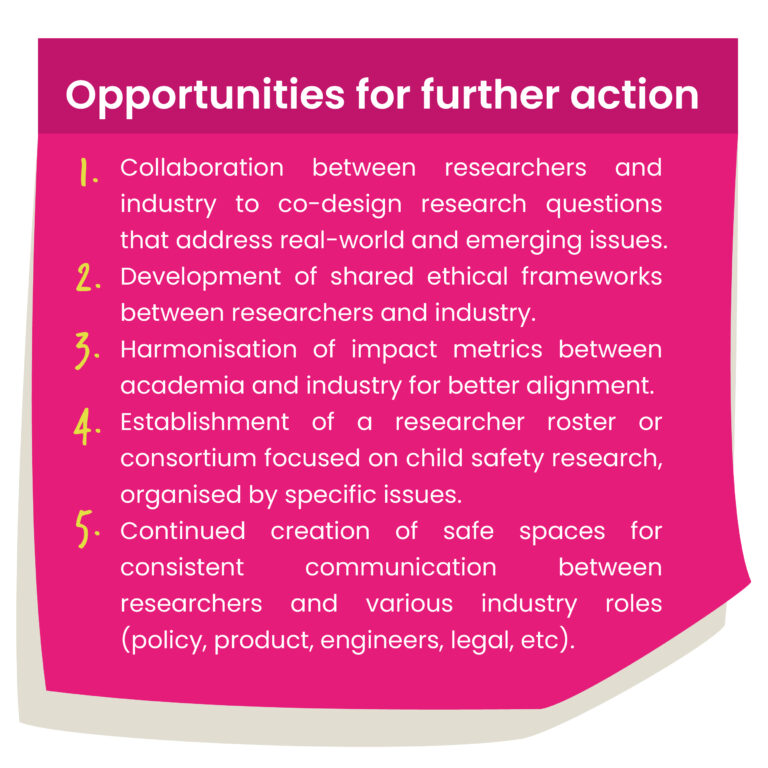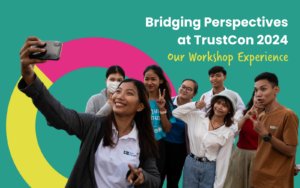Press Release
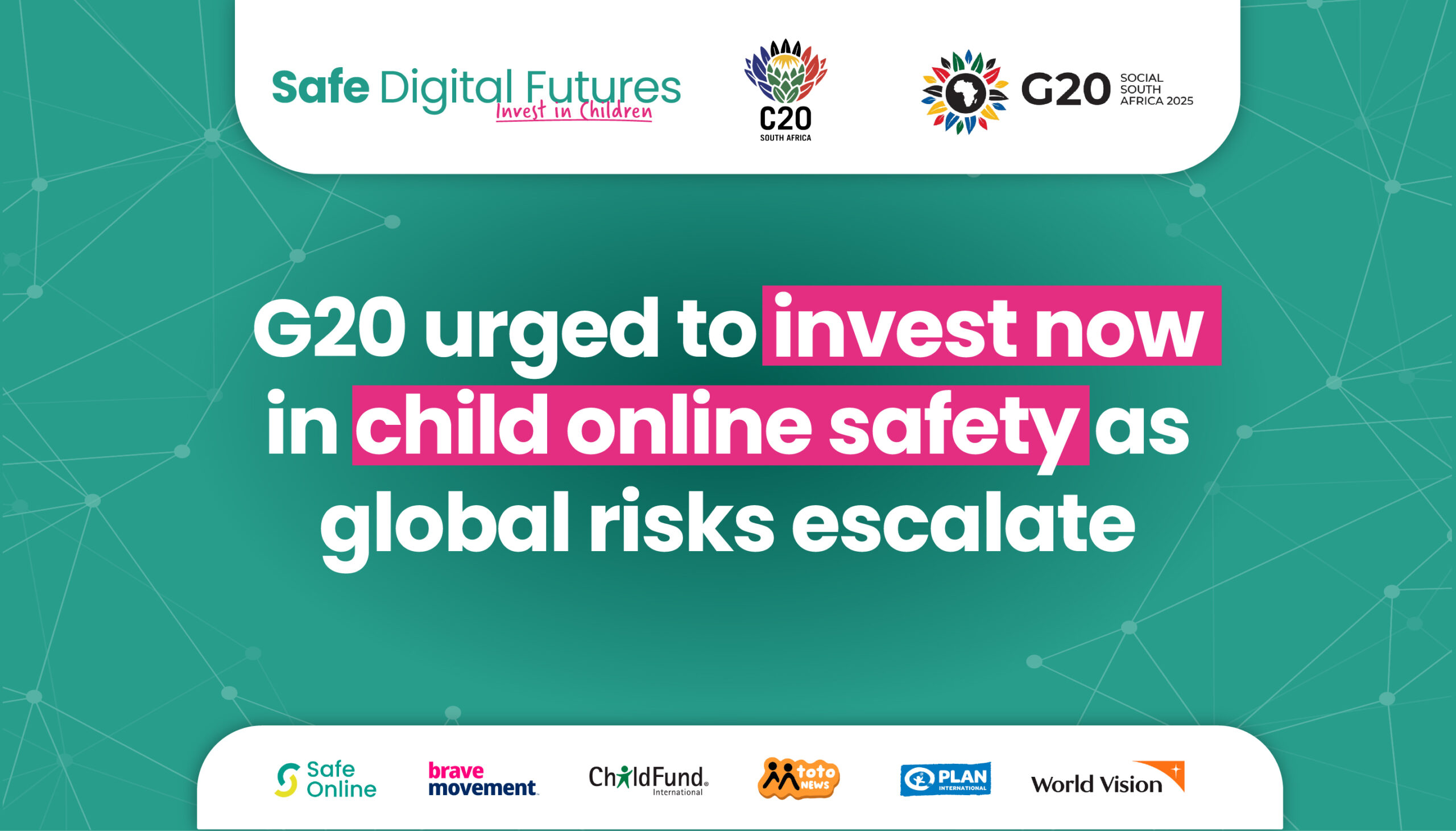
Children, youth, parents, survivors, government, private sector, civil society, and global institutions meet for High-Level roundtable at G20 Social Summit to launch new coalition to align on investment priorities and scale solutions that work to protect children online
Wednesday 19 November 2025, Johannesburg, South Africa: A global coalition of child online safety advocates is meeting for the first time at the G20 Social Summit to coordinate and align on investments to protect children in digital spaces, warning that delays will multiply social and economic costs for years to come.
According to the latest data and evidence, 300 million children per year are subjected to technology-facilitated sexual abuse, including “unwanted sexual talk such as non-consensual sexting, unwanted sexual questions or sexual act requests.” and reports of AI-generated child sexual abuse material have surged by 1,300% in just one year.
“Today, we stand at a crossroads,” said Marija Manojlovic, Executive Director of Safe Online, the only global fund dedicated to keeping children safe in the digital world. “Technology is advancing faster than ever before – reimagining education, redefining how we connect, and reshaping our lives. But while technological breakthroughs and innovation race ahead, the digital safety of children has been left behind.”
“Every second, ten cases of technology-facilitated sexual abuse are reported globally. Behind these numbers is a real child whose future is at risk. We must face this reality with the ambition it demands,” continues Manojlovic. “And the clarity it deserves. Children’s digital safety and well-being must become a shared global investment priority. That is why today – together with the Brave Movement, ChildFund International, Mtoto News, Plan International, and World Vision International – we are launching the Safe Digital Futures – Invest in Children coalition.”
The Safe Digital Futures – Invest in Children coalition also recognises that this is not just a child protection issue, but an economic, social, and moral crisis. The costs of inaction are immense, not only in lost potential but in the long-term social and financial burden carried by communities and nations. Violence against children is estimated to cost the world $7 trillion USD annually. This is equivalent to about 8% of the annual global GDP. The coalition unites global institutions, civil society, government, survivors of online harm, parents, and youth to channel strategic, coordinated investments into proven, scalable solutions. It builds on Safe Online’s $100 million invested across over 100 countries, leveraging evidence, technological innovation, and systemic change.
Rhiannon-Faye McDonald, a Brave survivor advocate who has lived experience of technology-assisted child sexual abuse says, “The G20 is a vital forum to create a safer world for children. Survivors bring lived experience, strength, and solutions to global leaders. When our voices shape policy, commitments become meaningful. We are here to ensure leaders deliver on their pledges to end violence against children, turning promises into progress.”
Joy, a 16 year old from Tshwane, South Africa says that there is a need for governments and tech companies to put restrictions on misinformation and disinformation, and ensure perpetrators of cyber crimes are dealt with. She also calls upon governments at the G20 to ensure universal digital literacy to all children – including those with disability – and parents and children living in rural areas. This would ensure digital inclusivity and that children are aware when they are being exploited.
Keegan Kagwe, a Pan-African youth leader, advocate for gender equality and child protection, and Brave survivor, says, “Violence against children is not a side issue; it is a structural failure that bleeds economies, destabilizes societies, and erodes human dignity. The G20, commanding 85% of global GDP, should treat this as an economic imperative. At the African level, inaction is even costlier. Child trafficking and online exploitation erode trust in institutions and drain GDP. The AU’s Online Safety Model Law is a step forward, but it needs G20 backing financially, diplomatically, and through trade standards to have real impact. For me, these conversations are not academic. They are about girls forced into marriage, boys groomed through social media, and we survivors whose futures depend on whether global leaders choose courage over complacency. The G20 is one of the few spaces where economic muscle and moral responsibility intersect.”
The goal for the Safe Digital Futures – Invest in Children coalition right now is simple and urgent, to align on investment priorities and scale solutions that work to protect children online. With the expectation for the private sector, governments and philanthropy to converge and commit to this work.
Notes to editors
About Brave survivor advocate Rhiannon-Faye McDonald
Rhiannon-Faye has lived experience of technology-assisted child sexual abuse, which resulted in her being the victim of both online and offline sexual abuse when she was 13 years old. Wanting to use this experience to protect other children and support fellow victims and survivors, she began working alongside the Marie Collins Foundation in 2017. She is now the Head of Advocacy there, co-ordinating the Lived Experience Group and advocating and campaigning to improve outcomes for victims and their families.
Today, Rhiannon shares her lived experience with young people, parents, and professionals, helping to increase awareness and understanding of the impacts of technology-assisted child sexual abuse and promoting the need for better support for victims to help their recovery journey. Rhiannon-Faye is a member of the Brave Movement’s SAGE (Survivor Advocates Globally Empowered) advisory board and features in the film Beyond the screen: hidden voices of online abuse.
About Brave survivor advocate Keegan Kagwe
Keegan Kagwe is a Pan-African youth leader and advocate for gender equality and child protection. He is an uncompromising youth voice for dignity, rights, and justice across Africa. As the African Union Saleema Youth Ambassador, he shapes continental conversations on ending harmful practices and advancing gender equality through unapologetically Pan-African advocacy. Separately, as National Coordinator of the Youth Anti-FGM Network Kenya (YANK), Keegan mobilizes young leaders across 22 FGM hotspot counties to confront harmful traditions and safeguard the rights of women and girls.
Keegan also co-chairs the Girls Not Brides Kenya Youth Advisory Panel and serves on the African Union Technical Working Group on Harmful Practices, influencing policy frameworks that reach millions. His campaigns have secured funding, forged strategic partnerships, and engaged over 1.2 million young people through innovative digital outreach in the last year. Beyond Harmful Practices, Keegan drives action against childhood sexual violence, applying technology and survivor-centered storytelling to strengthen protection systems. He has carried African youth perspectives into ACERWC, the Universal Periodic Review, and the Commission on the Status of Women, ensuring grassroots realities inform global agendas.
A proud advocate, self-described egalitarian, and committed Pan-Africanist, Keegan fuses lived experience, policy acumen, and digital savvy to prove that young Africans are not passive participants but architects of the continent’s future. Off-stage, he’s an avid reader, a hiker who finds clarity on mountain trails, and a TikTok scroller attuned to his generation’s rhythms. Keegan is a member of the Brave Movement.
About the new coalition Safe Digital Futures – Invest in Children
The new coalition Safe Digital Futures – Invest in Children unites partners to channel strategic, coordinated investments into proven, scalable solutions. By harnessing partners’ expertise, networks and evidence the initiative will create a multiplier effect and enable system-wide transformation to close the global funding gap via unlocking new investments, driving targeted financial commitments and exploring innovative funding models. Founding members of the coalition are Safe Online, the Brave Movement, ChildFund International, Mtoto News, Plan International, and World Vision International.
See more of our recent updates
Population Foundation of India
Our grantees Population Foundation of India SNEHAI: a Companion to Empower and Protect Countries involved:India Population Foundation of India will sustain SnehAI: A Companion to Empower and Protect to equip adolescents with tools, information and resources to identify and report online CSEA in India. This project, which functions as an artificially intelligent
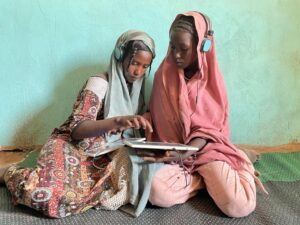
71 member states make first of its kind call to action to fight online violence against children
71 Member States of the United Nations have come together to make the very first call to action statement urging increased and fast action to remove known child sexual abuse materials online.
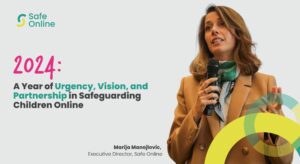
2024: A Year of Urgency, Vision, and Partnership in Safeguarding Children Online
As 2024 comes to a close, we find ourselves reflecting on a year marked by both immense challenges and significant opportunities in safeguarding children in an increasingly digital world. The rapid evolution of technologies—such as Generative AI and extended reality platforms—has reshaped our digital landscape, offering immense potential but also exacerbating the risks children face online. While these technological advancements promise to change lives for the better, they also outpace our collective ability to protect children from harm, presenting critical questions about how we mobilize the necessary resources to respond.








